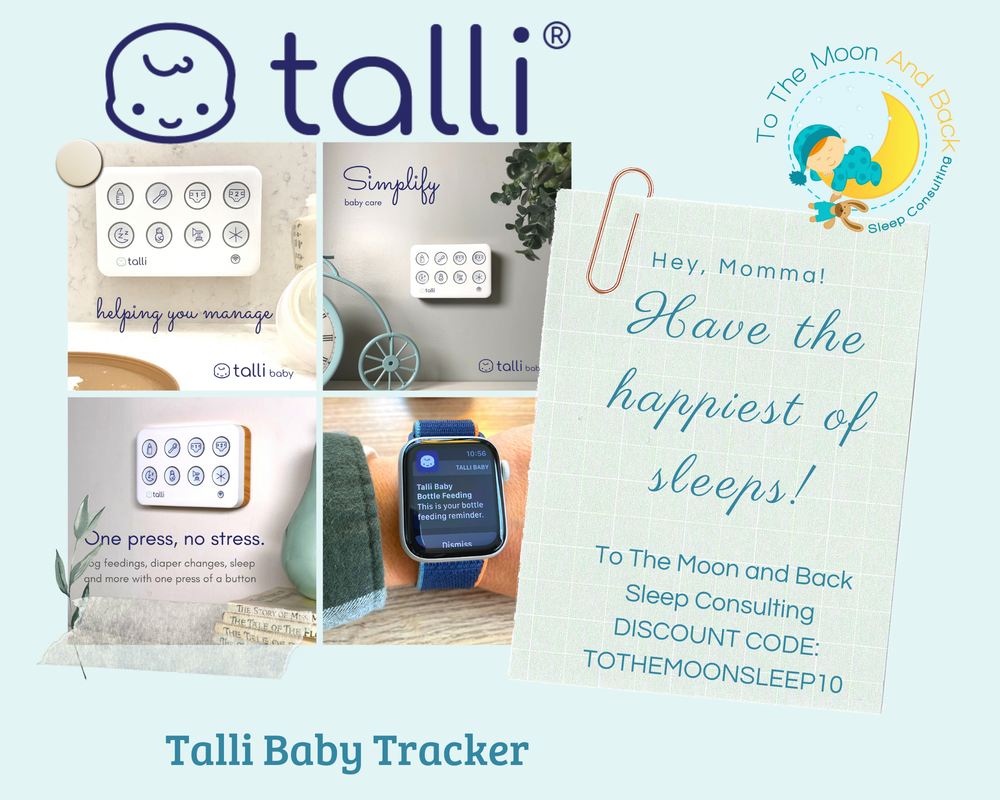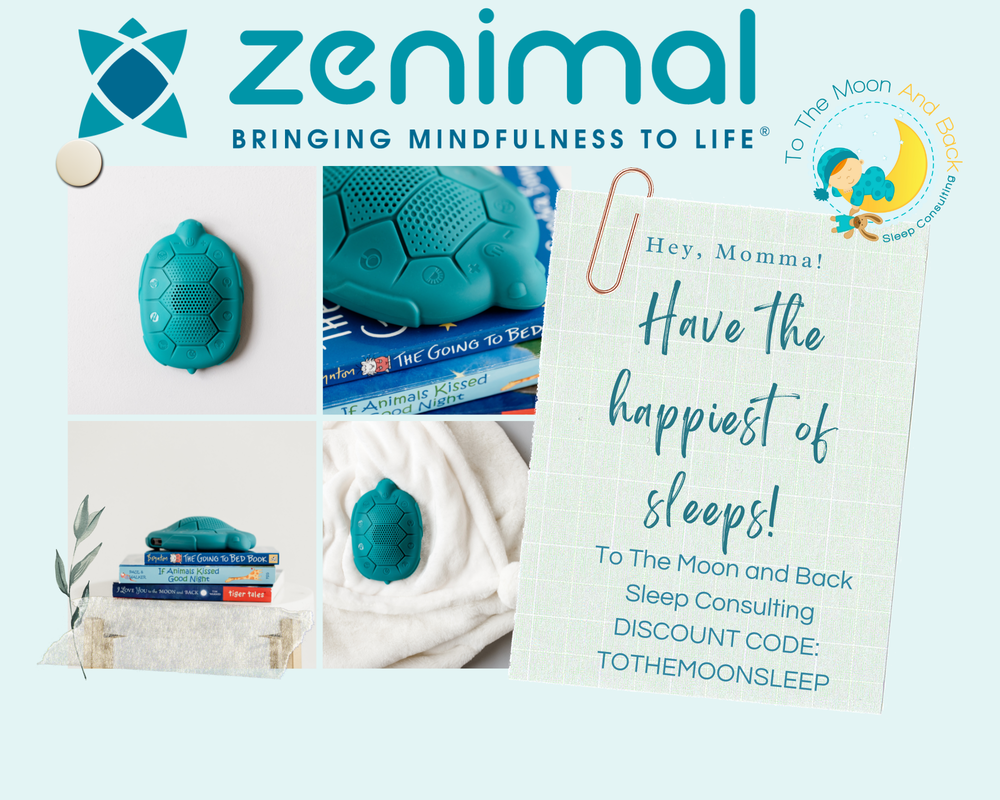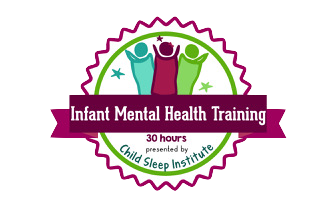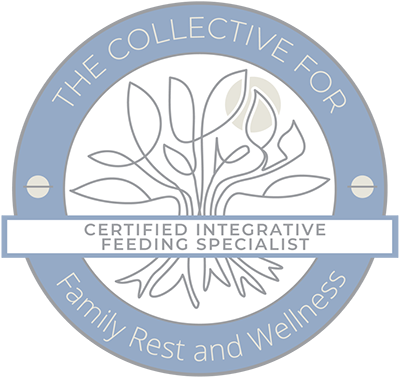|
Understanding Co-regulation Co-regulation refers to the process where an adult helps a child manage and understand their emotions and behaviours. This is especially crucial in young children who are still developing self-regulation skills. By providing a calming presence and demonstrating healthy emotional responses, adults can guide children in managing their own emotions. Importance in Managing Bedtime Anxiety Bedtime can be a source of heightened anxiety for many young children. Fears of the dark, separation from parents, or simply the transition from day to night can be overwhelming. Co-regulation provides a structured and comforting presence that can alleviate these anxieties. How to Implement Co-regulation
Conclusion Co-regulation is not only about managing a child’s immediate anxiety; it's also about teaching them lifelong skills in emotional regulation. By practicing these techniques, parents and caregivers can provide a supportive environment that helps young children navigate their anxieties, especially at bedtime, leading to more peaceful nights and a stronger emotional foundation. AuthorErin Neri - Certified Pediatric Sleep Consultant and Owner of To The Moon and Back Sleep Consulting since 2016. It’s common knowledge that sleep deprivation is part of the new-parent package. Everyone teases new parents about the myth that they’ll never sleep again. Many people have come to accept feeling tired day after day as just one of the burdens of parenthood, but did you know that lack of sleep can impact your cognitive functions, including emotional processing and perception? Today, we will delve into some scientific findings that underline the importance of adequate sleep and how it can transform your parenting experience.
Research has established a link between sleep deprivation and emotional processing, particularly how we perceive and respond to negative emotional stimuli. While no studies specifically focus on the effects of sleep deprivation on parents’ reactions to a child’s cries, extrapolating from current research offers some interesting insights. In 2007, a study conducted by Yoo et al. revealed that sleep deprivation results in the amygdala—the area of the brain involved in processing emotions—reacting more to negative emotional stimuli. What does this mean for you as a new parent? With the sleep deprivation that often accompanies this phase of life, your emotional responses could be heightened, potentially causing you to perceive your baby’s cries as more distressing than they might be under-rested conditions. Further emphasizing the effect of sleep deprivation on emotional regulation, a study by van der Helm et al. in 2010 showed that sleep deprivation could impair emotional regulation by disrupting the connectivity between the amygdala and the prefrontal cortex. The prefrontal cortex plays an essential role in controlling emotional responses, implying that sleep deprivation might exacerbate negative or distressing perceptions, such as the sound of your baby crying. These studies suggest that sleep deprivation might lead to amplified emotional reactivity and altered perception of emotionally taxing stimuli. In a nutshell, you may be overreacting. This is where my role as a Sleep Sense Consultant comes into play. I am here to help ensure your family transitions smoothly into this new phase of life, with everyone achieving healthier, more restful sleep. By implementing tailored, gentle strategies, we can work together to help your baby (and you!) get the sleep needed to thrive. But why does this matter? A well-rested parent is more likely to have balanced emotional reactions, making it easier to respond to your child’s needs effectively. Adequate sleep not only aids in maintaining emotional balance but also helps to improve overall mental and physical health. The result? A more serene and enjoyable parenting experience. Sleep deprivation is not an inevitable part of parenthood. With the proper guidance and a little patience, you can enjoy these precious early days with your newborn without the burden of chronic fatigue. As a Sleep Sense Consultant, my mission is to support you in this journey, using evidence-based techniques to promote healthy sleep habits for your whole family. References: Yoo, S. S., Gujar, N., Hu, P., Jolesz, F. A., & Walker, M. P. (2007). The human emotional brain without sleep — a prefrontal amygdala disconnect. Current Biology, 17(20), R877–R878. https://doi.org/10.1016/j.cub.2007.08.007 van der Helm, E., Gujar, N., Congratulations, you! If you’re reading this, there’s a pretty good chance you’ve either just welcomed a new addition to your family or are planning on doing so pretty soon.
Welcoming a new baby into the family is an exciting time. Still, it can also bring about a mix of emotions for your older child, especially toddlers. It’s essential to navigate this transition with care and consideration to ensure a smooth adjustment for everyone involved, so today, let’s explore some strategies for introducing your new baby to your toddler and prepare you for some potential challenges that may lay in store. Embrace a Little Bit of Jealousy: Accepting that your toddler may experience feelings of jealousy is the first step toward fostering understanding and empathy. Don’t attempt to stifle or suppress these emotions. Acknowledge, validate, and reassure your toddler that their love and importance within your family unit haven’t diminished. Encourage open communication and be available to listen, really listen, to their concerns. Set Clear Expectations: Maintaining boundaries is essential during this transition period. Clearly communicate your expectations to your toddler, explaining the new dynamics and what is expected of them as an older sibling. Frame these expectations positively, emphasizing the importance of their role in welcoming and caring for the new baby. Encourage them to participate in age-appropriate activities, such as helping with diaper changes or selecting a toy for their sibling. Toddlers typically love the feeling of responsibility and maturity that comes from helping their parents with a new baby, so do what you can to nurture that older sibling relationship. Prepare for Regression: As your toddler adjusts to their new sibling, it’s common to witness some regression in sleep patterns, behaviour, and even potty training. Be patient and understanding during this phase, reinforce positive habits gently, and provide reassurance when setbacks occur, but remember, you set some expectations and communicated them to your toddler, so while it may be tempting to let them slide back into familiar routines, such as using diapers or sleeping in the crib, it’s important to maintain consistency and encourage growth. Uphold Boundaries: Consistency is key when it comes to maintaining boundaries. While it may be tempting to give in to your toddler’s demands during this time of change, it’s essential to stand firm. Resist reverting to previous practices, such as allowing them to sleep in the crib or returning to diapers. Upholding these boundaries reinforces their role as an older sibling and helps create a sense of stability and routine. Create Special One-on-One Time: I get it; free time isn’t exactly in abundance after you bring a new baby into the house. But it’s essential to carve out moments of individual attention for your toddler. Set aside a little time every day for your older child to engage in activities they enjoy, such as reading a book together, going for a walk, playing a game, or whatever makes them happy. These shared experiences will help strengthen the bond between you and your toddler, reaffirming their importance in your life and reassuring them that the new baby isn’t a replacement for them. This is probably the single most important tip I can give you for preventing feelings of jealousy and resentment, so again, I know you’re probably feeling a little overwhelmed, but make this a priority. Obviously, introducing a sibling is a significant milestone for your family, but it’s particularly uncharted waters for your older child. It will require patience, understanding, and a lot of conscious effort on your part. But by familiarizing yourself with potential challenges, setting clear boundaries, and nurturing a positive sibling relationship, you can create an environment that fosters love, support, and harmony within your growing family. Remember, with time, patience, and consistency, your toddler and new baby will forge a special bond that will last a lifetime. "Mothers are basically part of a science experiment to prove that sleep is not a crucial part of human life." - Unknown This meme is meant to be a joke, but it's actually not funny, in my opinion, because it speaks to a problem in our society that says it's ok to live in a chronic state of sleep deprivation. That it's an acceptable part of being a mother. But no one is giving out medals for the Most Sleep Deprived Mother! So while this seems to be true on so many levels, it doesn't have to stay this way when a mother is sleep-deprived due to a child lacking independent sleep skills. Science tells us that the levels of sleep deprivation that mothers & children face have dire consequences on our physical and mental health. Our children's development, cognition, immune systems, emotional regulation, & so much more are negatively impacted by nightly broken sleep & poor naps. When a child lacks control over their own sleep, when they lack independent sleep skills and are having frequent or prolonged night wakings, early morning wake-ups, short naps, or any other sleep difficulty, this means that they are carrying a sleep debt. They are sleep deprived. If this has been going on for more than a couple of days, they would be considered to have CHRONIC Sleep Deprivation. As mentioned above, this can cause a whole host of problems for our children. However, you might not realize that it could affect the attachment bonds between parent and child. Attachment Bonds Harming attachment bonds is one of the main things that parents are concerned about when considering sleep training; will the process damage those vital bonds? No, it does not; the way I teach it to families, sleep training can actually strengthen attachment bonds. Now let's consider the parent-child relationships when they both live in a state of chronic sleep deprivation. Parents are irritable, lack patience & can begin to detest bedtime & nap times, & even begin to resent their child. Parents get no space, no time for themselves, no time to keep up the house, no time with their spouse. They get little time to enjoy being a parent, because so much time is spent in a state of crankiness on both parts. There becomes a battle of wills between parent & child. The child can't regulate their emotions & goes into fight or flight for bedtime, nap time & any other time. Parents cannot parent how they want to & children can't thrive & grow as they are intended to. Chronic Sleep-Deprivation like this can be fixed. Bonds don't need to be damaged any further & can be repaired. I can help turn your family's sleep around & help you become a well-rested family. Book Your Free 20-Minute Sleep Evaluation to discover how my sleep programs can help your family take your sleep success to the moon and back. Life becomes more enjoyable when you're well rested! AuthorErin Neri - Certified Pediatric Sleep Consultant and Owner of To The Moon and Back Sleep Consulting since 2016. |
To The Moon and Back Sleep ConsultingProviding families the tools & support they need to get their little ones sleeping through the night and napping like champs! Everyone has more fun when they are well rested! Visit Wollino - Discount Code: TOTHEMOONANDBACK10
Browse
All
|
All information provided on this website, including texts, images, and other materials, are for informational purposes only and should not be considered a replacement for assessment or treatment by a healthcare provider.
© COPYRIGHT 2016-2024 TO THE MOON AND BACK SLEEP CONSULTING. ALL RIGHTS RESERVED. WAKING GIRL WEB DESIGN
© COPYRIGHT 2016-2024 TO THE MOON AND BACK SLEEP CONSULTING. ALL RIGHTS RESERVED. WAKING GIRL WEB DESIGN

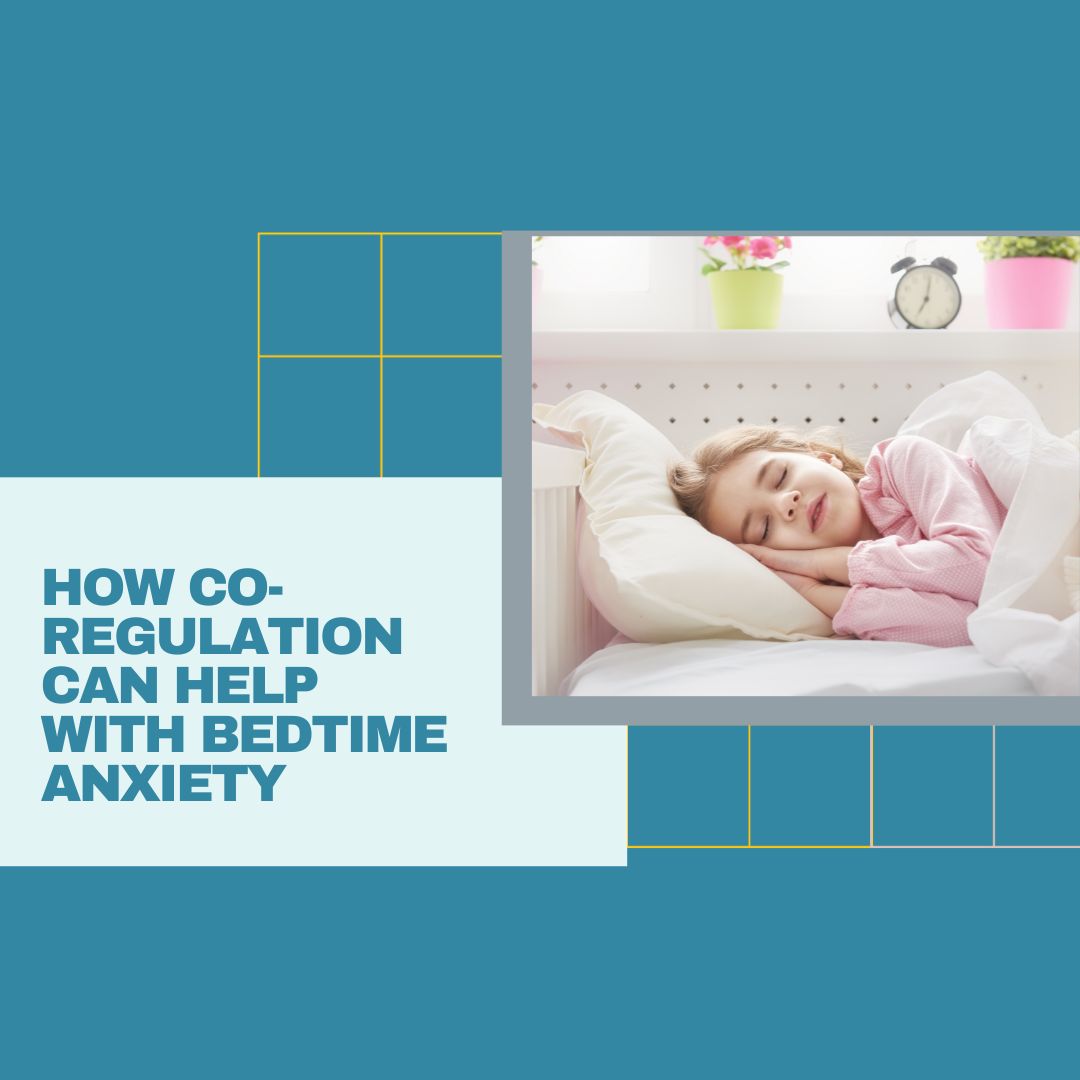
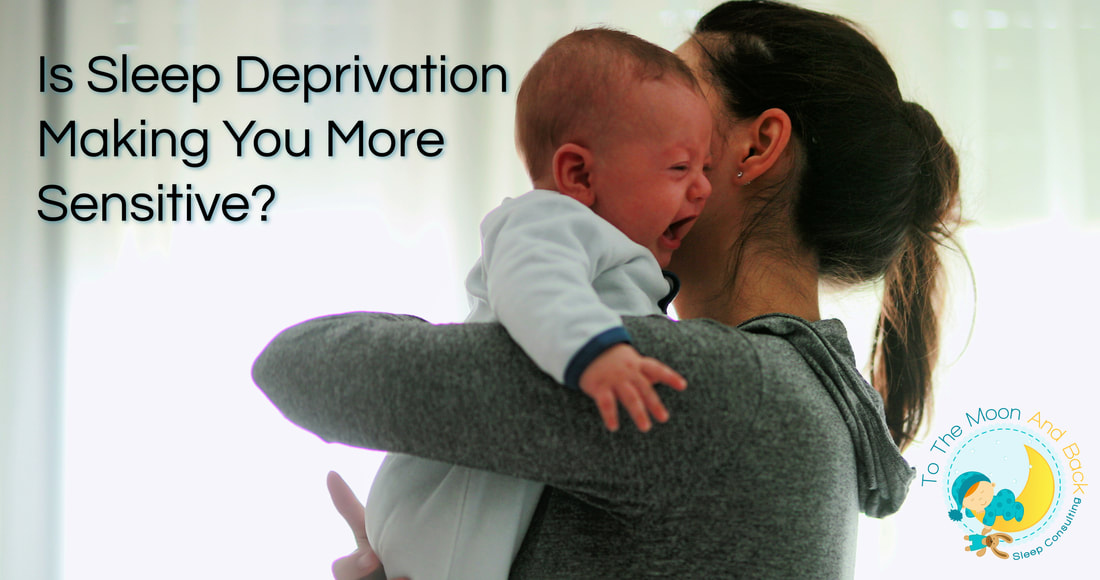

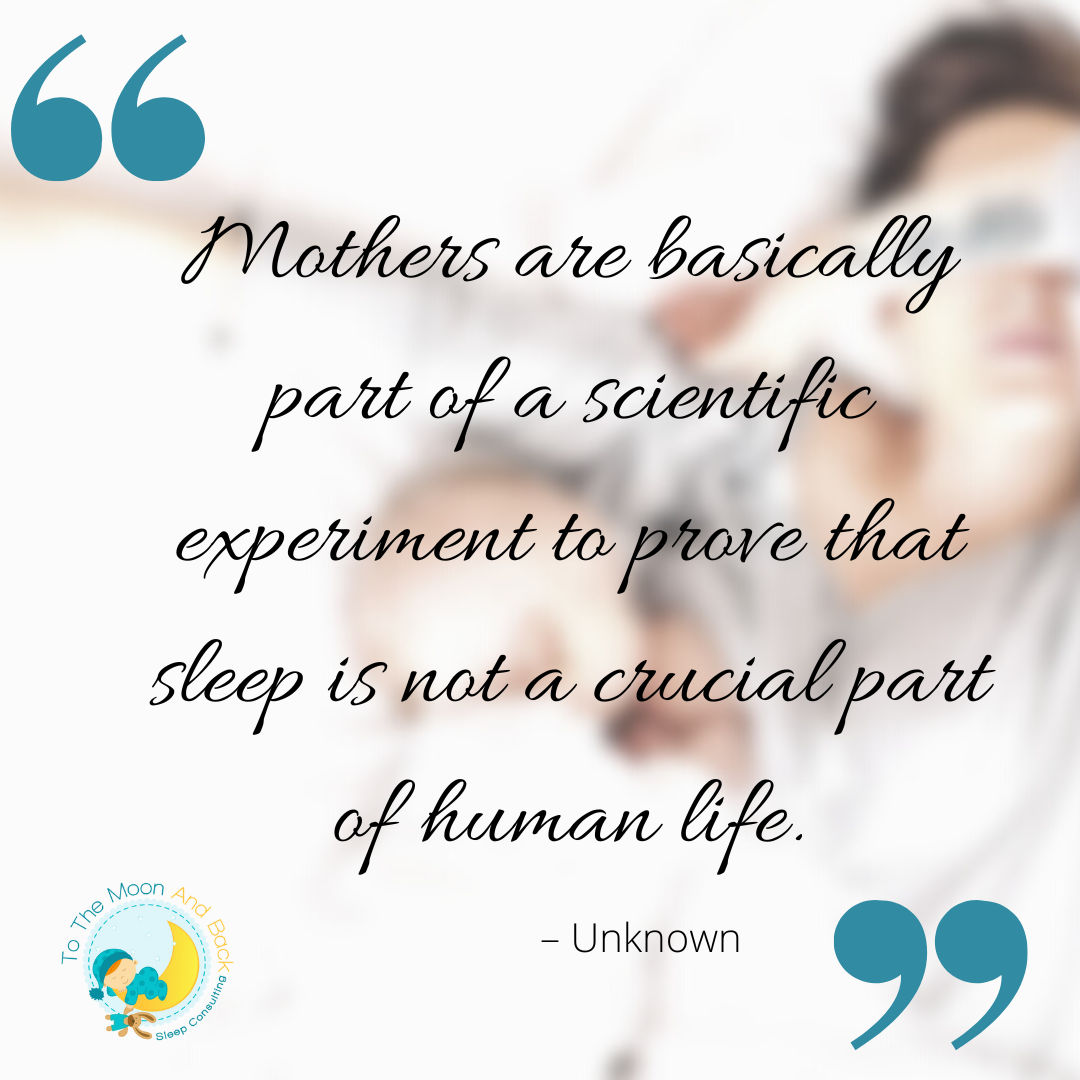
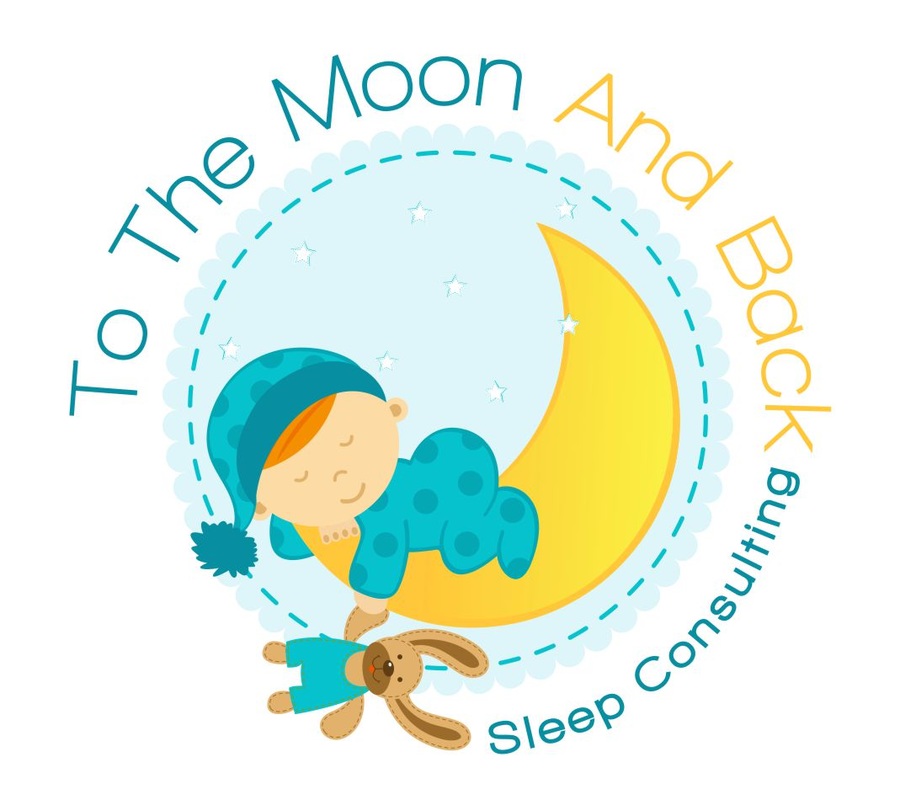




 RSS Feed
RSS Feed

